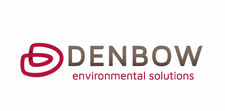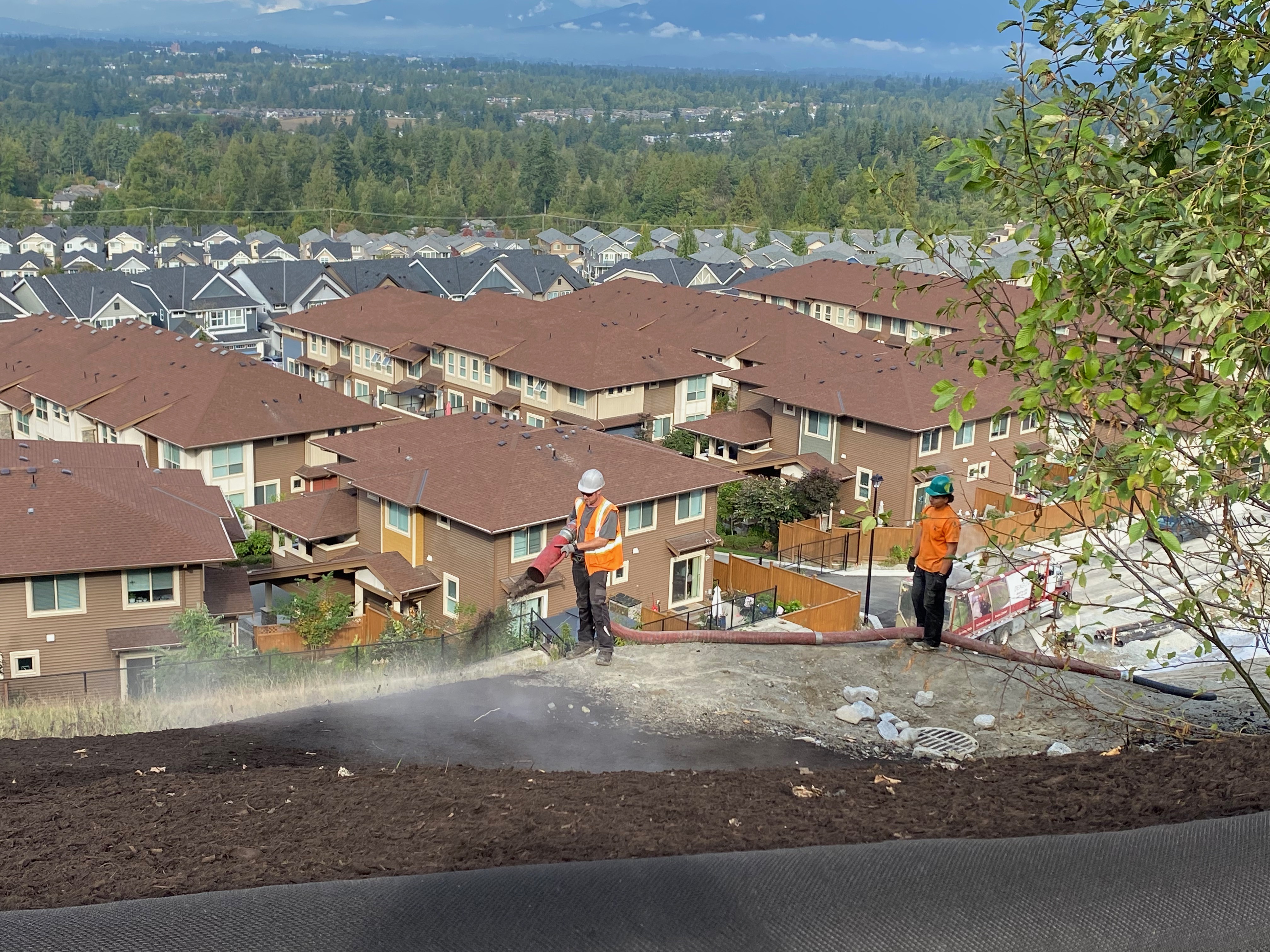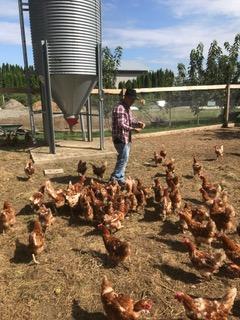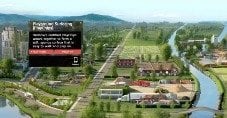Reuse, Recycle Forest Residuals
How do Forest Residuals get Recycled to become part of the earth once more. Here at Denbow we are striving forward with innovations in Soil production based on forest residuals
Land Clear - Land is cleared for development. Non-saleable trees & clean green organics are loaded out & brought to Denbow’s yard. No curbside waste, biosolids or mushroom manure is used, to ensure high quality end products.
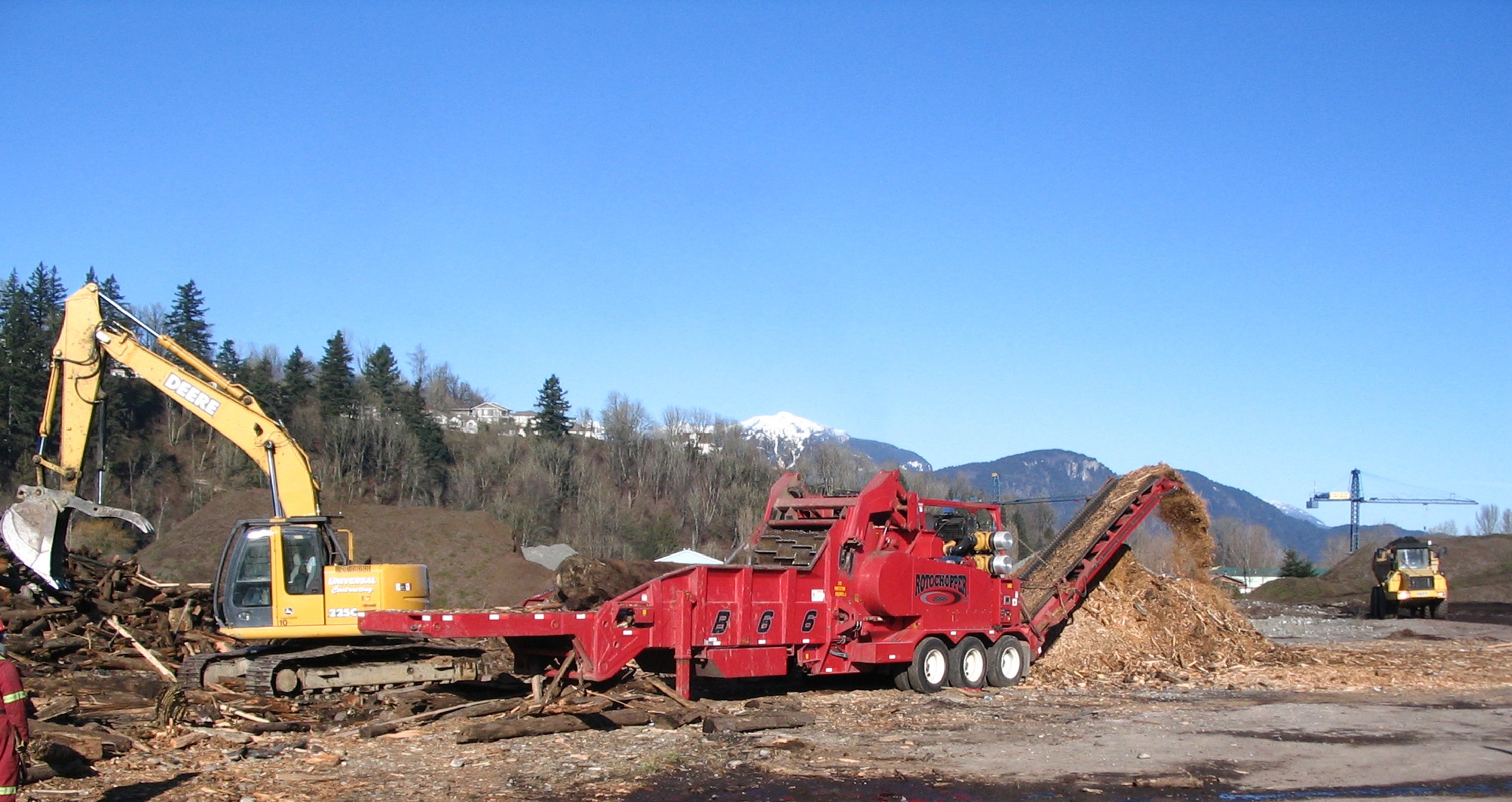
Grind - Clean green organics are processed with a horizontal wood grinder. It is processed to a particle size which facilitates composting.
Mix - Stabilized nitrogen is added to the grindings, initiating the composting process.
Compost - Material is placed in windrows as temperature and moisture are monitored to maintain at least 55 degrees C for a minimum of 15 days.
Grind and Screen - Compost is reground into a smaller particle size and screened, resulting in a clean organic amender. LMI is added to enhance microbial diversity.
Create Blends - This quality composted amender is used as a base for engineered soil you see below
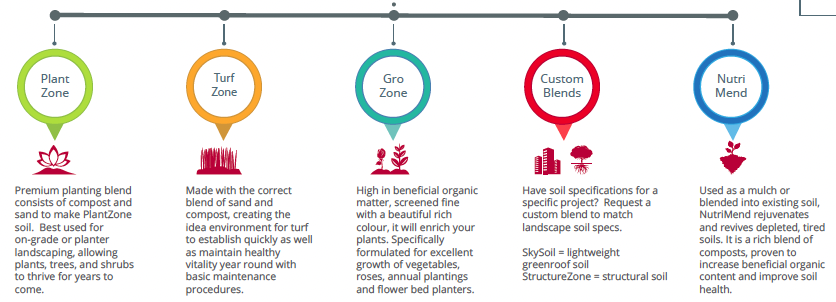
Because of the process of using Land Clearing / Greenwaste to make this engineered soil, it can help reduce carbon emissions, conserve water, melt snow, or even make it easier for a child in a wheelchair enjoy the outdoors.
For example, a rain garden can be an attractive landscape element that is easy to maintain and effectively collects stormwater runoff and treats it as it infiltrates back into the aquifer. These drainage facilities require a properly engineered soil that helps to filter the water, sequester some pollutants and support wetland plant growth.
To learn more about Rain Gardens, check out our blog below.
https://blog.denbow.com/designing-a-rain-garden-in-the-fraser-valley
